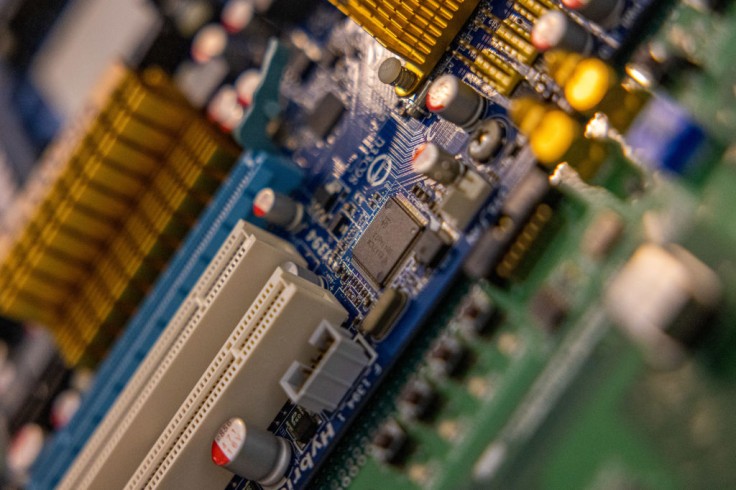Starting this year, we would be seeing devices with 3nm chips. However, it seems that Apple is the only major device maker that will adopt the newer and more advanced 3nm process technology this 2023.
According to MacRumors, Qualcomm is unsure about its decision to use the 3nm process in the upcoming Snapdragon Gen 3 chips due to some pressing issues.

Qualcomm is Uncertain Whether to Use 3nm in Snapdragon Gen 3
MediaTek appears to be sharing the same sentiment as Qualcomm. According to WCCFTech, the unclear sales prospects of Android handsets have forced the two tech giants to re-think their strategies for 2023.
The demand for smartphone continuously declines. If this continues this year, Qualcomm and MediaTek need to re-evaluate their business strategies for 2023.
Based on news reports, there is a likely possibility that the majority of the Snapdragon 8 Gen 3 orders would be given to TSMC because of its exceptional 80 percent yield rate.
However, according to a report by DigiTimes, the chipset maker might not proceed with the initial plan.
Aside from the declining smartphone sales, the cost of 3nm wafers is said to be $20,000. Because of the high price of the 3nm wafers, Qualcomm will be forced to sell its Snapdragon 8 Gen 3 shipments to smartphone partners at a higher price.
This could mean risking potentially millions in sales since consumers cannot burden themselves with luxurious flagship purchases amid a high cost of living.
Based on this scenario, Apple may have gained an edge this year with its 3nm A17 Bionic. With this, the performance and power efficiency gap of Apple's flagship may possibly increase once more in 2023.
It is expected that Apple will adopt TSMC's 3nm chip process technology with the upcoming M2 Pro and M2 Max chips, which will power the updated 14-inch and 16-inch MacBook Pros.
In addition, it is also expected that the A17 Bionic chip for the iPhone 15 Pro and iPhone 15 Ultra will be based on the 3nm process technology.
Read Also: Apple Supplier TSMC to Start Mass Production of 3nm Chips This Week
TSMC Starts Mass Production of 3nm Chips
Apple's main chip supplier, TSMC, already started the mass production of 3nm chips last December.
On December 29, the semiconductor company held a ceremony to mark the beginning of mass production using the 3nm process.
According to a report by iTechPost, the 3nm process uses 16nm fin field-effect transistor technology. It's a 3D transistor structure that allows a chip to run faster using the same amount of energy, meaning it runs at a similar speed but on reduced power.
TSMC noted that chips made using the said technology are 10 to 15 percent faster, and 25 to 30 percent more energy-efficient than those which are produced using the 5nm process.
The analysts predicted that Apple and Intel are expected to place orders for chips made with the company's 3nm process.
At present, Apple is using TSMC's 4nm process in the A16 Bionic chip that powers the iPhone 14 Pro series. However, as early as next year, the tech giant is expected to jump to 3nm.
Related Article: Apple Chip Supplier TSMC Eyes Second $12B Factory in Arizona









